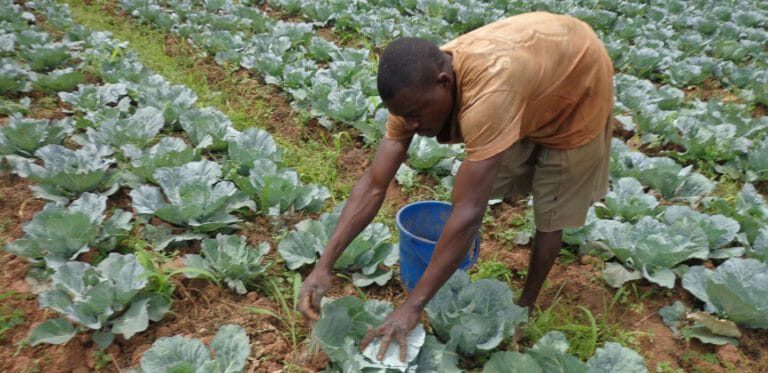On December 12, 2024, the city of Brazzaville played host to a significant event as Mr. Jean-Baptiste Ondaye, the Minister of Economy and Finance of the Republic of Congo, inaugurated the annual review meeting of the International Fund for Agricultural Development (IFAD) portfolio for the year 2024.
This crucial gathering brought together key stakeholders, including Robin Pascal Ongoka, Chief of Staff representing the Minister of Agriculture, Fisheries, and Livestock, and Noé Bataka, the Country Director of IFAD.
Minister Ondaye emphasized the importance of this review during his opening remarks: “Today’s meeting is intended to assess the progress made in the partnership between Congo and IFAD. This review provides an invaluable opportunity to analyze the outcomes of the Youth Agriculture and Entrepreneurship Project (PAJE) over the past year, identify the challenges encountered, and discuss strategies to overcome them.”
The Minister also encouraged attendees to contribute to the formulation of a new initiative focused on the valorization of agropastoral, nutrition, and livestock development initiatives aimed at achieving food sovereignty.
During the session, Ondaye acknowledged the substantial role that IFAD’s support has played in transforming the lives of rural communities throughout the country. “Thanks to this support,” he said, “Congo has launched various initiatives that have significantly impacted the livelihoods of many in rural areas.”
However, he noted that while progress has been made, significant work still lies ahead. “Much remains to be done to achieve our goals in combating food insecurity, reducing poverty, and enhancing resilience to climate change,” warned the Minister.
Agriculture plays a vital role in the Republic of Congo, recognized as one of the six priority sectors in the National Development Plan (NDP) for 2022-2026. This sector is pivotal for diversifying the economy, which has historically relied heavily on oil revenues.
With a third of the Congolese population residing in rural areas and about 70% of rural households relying on agriculture for their livelihoods, IFAD’s ongoing strategies aim to improve the incomes and food security of these rural communities.
Established in December 1977, IFAD operates as a United Nations agency with its headquarters located in Rome, Italy, dedicated to eradicating rural poverty through focused agricultural development initiatives.
For further details, clarification, contributions or any concerns regarding this article, please feel free to reach out to us at editorial@tax.news. We value your feedback and are committed to providing accurate and timely information. Please note that all inquiries will be handled in accordance with our privacy policy



